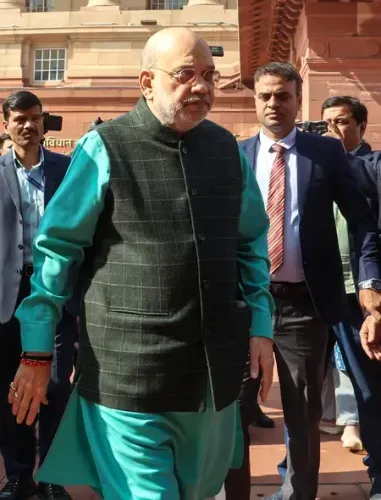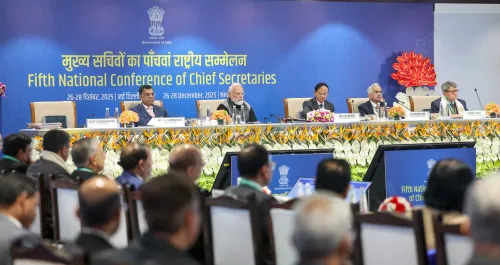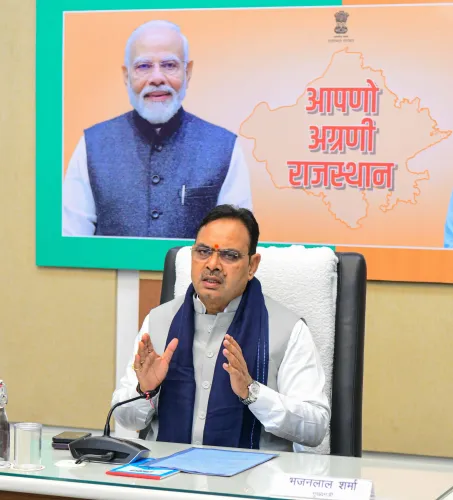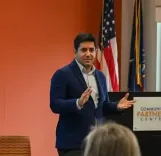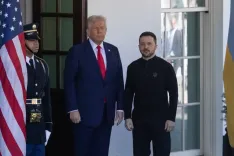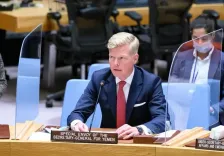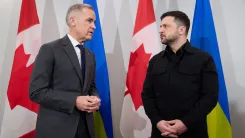Did India's military response to the Pahalgam attack reignite global concerns about terrorism?
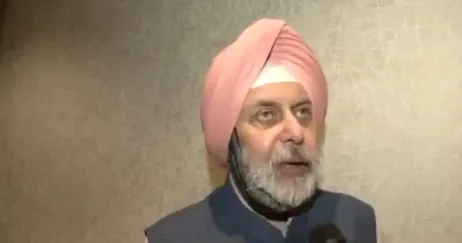
Synopsis
Key Takeaways
- Operation Sindoor targeted Pakistan-based terror sites.
- Global unity against terrorism was emphasized.
- Discussion highlighted the need for awareness on India's military responses.
- India's economic strength contrasts with Pakistan's challenges.
- Political parties united against terrorism during delegations.
New Delhi, July 24 (NationPress) Almost three months have elapsed since the tragic Pahalgam terror incident on April 22. Former Indian Ambassador Manjeev Singh Puri remarked that India's military operation, dubbed 'Operation Sindoor', was aimed exclusively at dismantling terror launchpads and facilities based in Pakistan. This decisive action has once again captured the global community's attention, uniting nations in a collective condemnation of terrorism in all its manifestations.
Puri made these comments during a conference on Wednesday at the Constitution Club in the national capital. The event, organized by The Centre for Global India Insights, a think tank specializing in global affairs, alongside India and the World magazine, delved into the strategic motivations and implications behind 'Operation Sindoor'. This operation was initiated by the Indian armed forces in retaliation for the murder of 26 innocent civilians in Jammu and Kashmir’s Pahalgam, perpetrated by the Pakistan-based terrorist group known as The Resistance Front (TRF).
The conference attracted a range of attendees, including former defense analysts, diplomats, political figures, media representatives, and other notable personalities, who engaged in discussions about 'Operation Sindoor'. They emphasized it as a powerful military response that establishes a new norm under the Narendra Modi administration, which asserts that terror attacks launched by Pakistan on Indian territory will no longer be tolerated.
Reflecting on the aftermath of the Pahalgam attack, Puri stated, "Pakistan is a significant hub of terrorism, and there is a global awareness of this fact. However, the focus on terrorism appears to have fluctuated recently. We emphasize to the world that this attention must be unwavering; the global gaze should remain on terrorism... Just as Osama Bin Laden was apprehended in Pakistan a decade ago, issues of global terrorism, border terrorism, and cross-border terrorism must remain at the forefront. Pakistan relies on international support for financial and other resources and must understand that there is a price to pay for the terrorism stemming from its land, ultimately affecting the Pakistani populace. While both India and Pakistan gained independence simultaneously, India has now emerged as the world’s fourth-largest economy with a high GDP per capita, whereas Pakistan must urgently renounce terrorism for its own benefit.
Lieutenant General (Retd) Syed Ata Hasnain commented on the three months since the Pahalgam attack, stating, "Operation Sindoor was an extensive battle lasting 88 hours over nearly four days, engaging the entire nation. Modern warfare involves contributions from every sector, including the economy, technology, and public participation. Analyzing such a complex operation like Operation Sindoor cannot be distilled into just three months; we’ve barely scratched the surface. Events like panel discussions are crucial to raise public awareness about India's military responses and to position India as a formidable force against terrorism on the global stage.
Manish Chand, the founder and CEO of the Centre for Global India Insights, stressed, "Numerous questions remain unanswered. This issue resonates deeply in Parliament as it pertains to national security and the nation’s development. The conference aimed to shed light on the ideological and psychological facets of Operation Sindoor. The Pahalgam attack represented an attempt at economic warfare, targeting India's economy, especially the tourism sector in Jammu and Kashmir... It also served as a geopolitical maneuver to hinder India's ascent while Pakistan struggled.
Bharatiya Janata Party Member of Parliament Brij Lal stated, "In line with global outreach efforts by the Narendra Modi government to hold Pakistan accountable for its terrorism, seven all-party delegations have visited 33 countries. I participated in one such delegation to Japan, South Korea, Singapore, Malaysia, and Indonesia. It was pivotal that these delegations represented various political parties united against terrorism, despite differing views on several other matters. We conveyed that all political parties stand together on national security issues. Following terror attacks in Uri and Pathankot, the Modi government executed surgical strikes. Similarly, after the Pulwama attack, the Balakot airstrike occurred, and now we have Operation Sindoor in response to the Pahalgam attack.
Biju Janata Dal leader Amar Patnaik remarked, "This will be a topic of detailed discussion in Parliament and subsequently in the Standing Committee. India's strong response reinforces national strength and sends a clear message to the global community. It not only addresses Pakistan but also demonstrates to the world that India is powerful and will continue to take a firm stance against terrorism.


